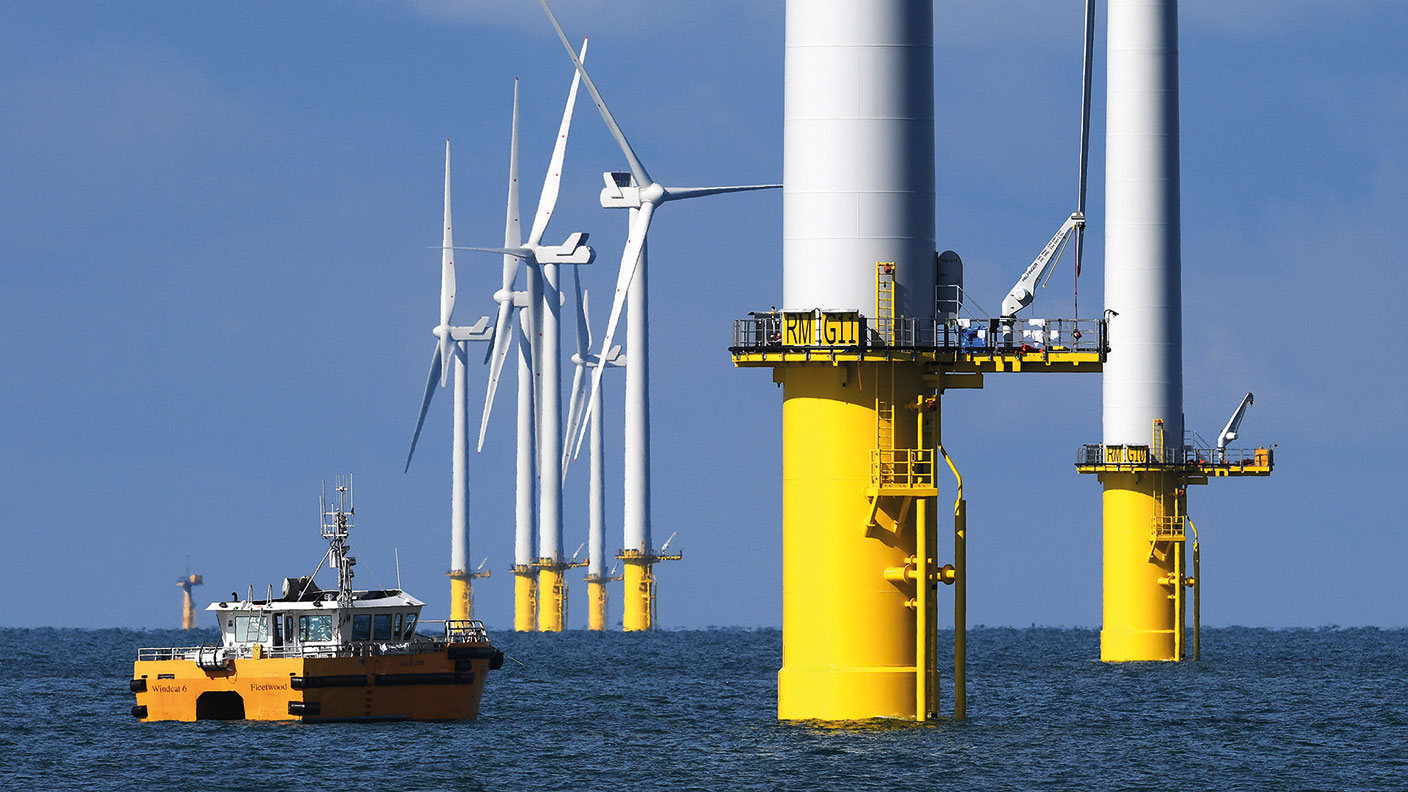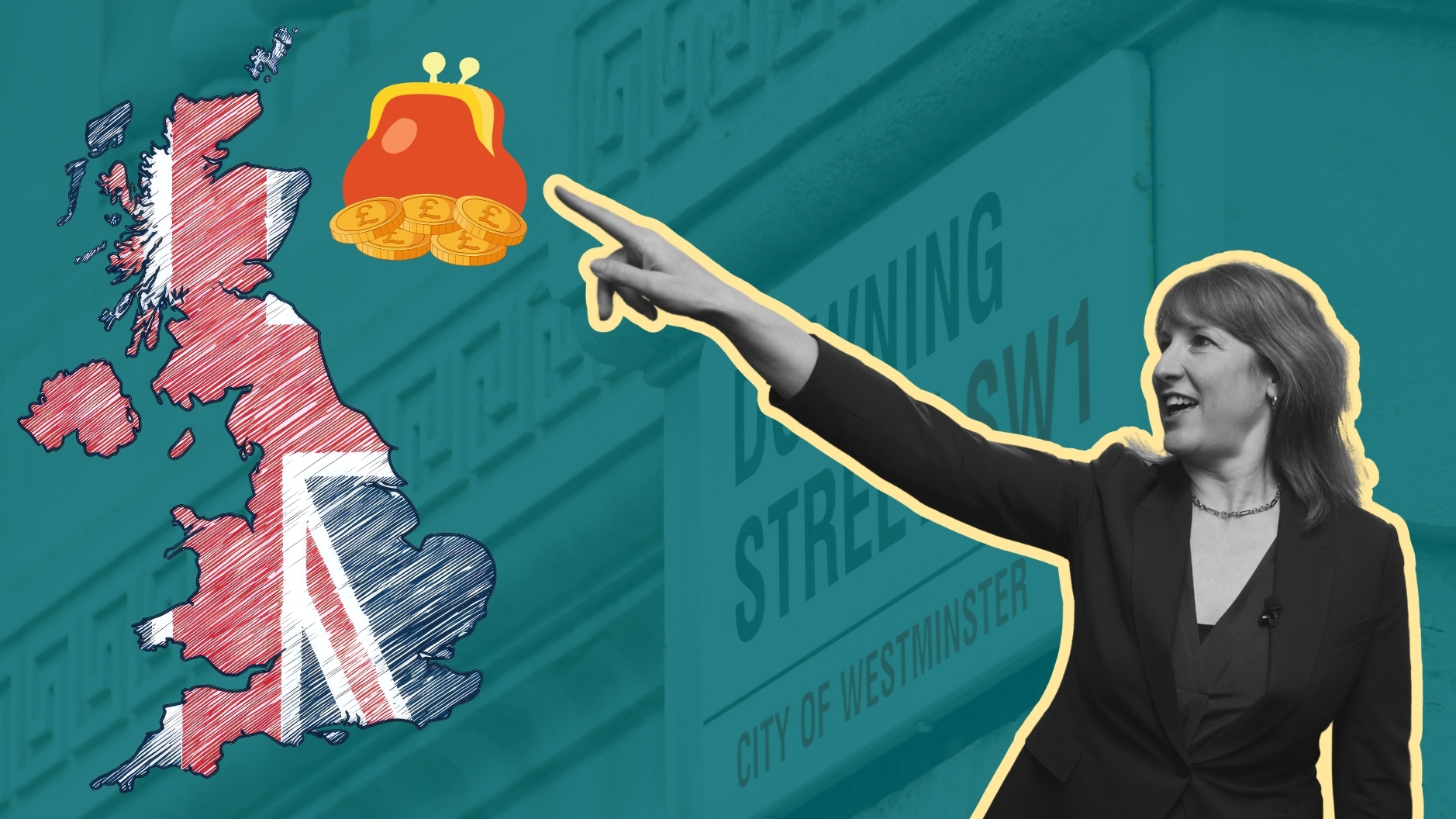Is your fund manager’s ESG investment policy really ethical?
The so-called ethical policies of some investors are doing more harm than good, says Merryn Somerset Webb.


Get the latest financial news, insights and expert analysis from our award-winning MoneyWeek team, to help you understand what really matters when it comes to your finances.
You are now subscribed
Your newsletter sign-up was successful
Want to add more newsletters?
Energy prices are on the rise everywhere. Here, wholesale natural gas prices have just hit record highs – up 100% in a month. In the US, petrol prices are at their highest for seven years. In China the government has begun to ration electricity. In India, coal supplies are so low (a few days’ worth) that power cuts are almost definitely on the way. It rather looks, says Gavekal research group, as if the world is “in the grip of a full-blown energy crisis”. There is lots to think about as a result. You might want to have a good look at just how diversified your portfolio is: energy crises have a history of opening the door to inflationary spirals. That’s a particular risk when combined with rising wages and rising taxation. Are you ready (see this week's magazine for how much markets hate stagflation)?
But there is something else you should do: check the environment, social and governance (ESG) criteria your fund manager uses when it chooses – and rejects – possible investments. They could be part of the problem. These last few years, it has been all the rage in the investment industry to signal concern for society by announcing that you will not invest in grubby stuff. Only last month, Harvard University said it would divest its $42bn endowment from filthy fossil fuels. It joins another 1,337 institutions globally, managing over $14trn, who have made the same commitment.
That sounds nice. But as we are finding out, the consequences are not. The immediate causes of the energy crises in different countries vary, but drill down, says Gavekal, and they are all due to “market distortions caused by deliberate policies” – policies that in large part reflect the desire to go green. This is theoretically laudable. But we can’t go fully green anywhere near as fast as activists and governments think we should.
Try 6 free issues of MoneyWeek today
Get unparalleled financial insight, analysis and expert opinion you can profit from.

Sign up to Money Morning
Don't miss the latest investment and personal finances news, market analysis, plus money-saving tips with our free twice-daily newsletter
Don't miss the latest investment and personal finances news, market analysis, plus money-saving tips with our free twice-daily newsletter
Global energy use tends to rise at about 2% a year. And regardless of how fast we build renewables, we will need fossil fuels as back-up for decades to come, not least because building renewable energy capacity takes a lot of energy in itself. As Edward Chancellor notes on Breakingviews.com, it takes four to five years to recoup the energy that goes into making turbines and other renewables. That means the $16trn of green investments planned globally will mean concurrently soaring demand for oil. Want clean energy? You need dirty energy.
A shame then that investment in fossil fuel production and exploration is falling sharply and that oil majors are loath to invest in big new projects, for the simple reason that no one will back them. Over the last five years, the world has discovered about 12 billion barrels of oil a year and consumed three times as much (more on this in next week’s magazine), while global oil and gas upstream capital spending has fallen from nearly $800bn in 2013 to below $350bn this year. The result will be unpleasant – in terms of growth, in terms of living standards and in terms of the actual goal, our ability to efficiently attempt our energy transition.
So look at your fund manager’s policies. They may be divesting from fossil fuels. They may feel good about all the ESG boxes they can tick. Their policy, they will tell you, is ESG-compliant. They’ll be right. But if that ESG policy is not practical – if helps create inflation, falling living standards and general misery – and if it turns the public against the idea of the green transition... is it also ethical? It’s a question worth asking.
Get the latest financial news, insights and expert analysis from our award-winning MoneyWeek team, to help you understand what really matters when it comes to your finances.

-
 What do rising oil prices mean for you?
What do rising oil prices mean for you?As conflict in the Middle East sparks an increase in the price of oil, will you see petrol and energy bills go up?
-
 Rachel Reeves's Spring Statement – live analysis and commentary
Rachel Reeves's Spring Statement – live analysis and commentaryChancellor Rachel Reeves will deliver her Spring Statement today (3 March). What can we expect in the speech?
-
 Three Indian stocks poised to profit
Three Indian stocks poised to profitIndian stocks are making waves. Here, professional investor Gaurav Narain of the India Capital Growth Fund highlights three of his favourites
-
 UK small-cap stocks ‘are ready to run’
UK small-cap stocks ‘are ready to run’Opinion UK small-cap stocks could be set for a multi-year bull market, with recent strong performance outstripping the large-cap indices
-
 Hints of a private credit crisis rattle investors
Hints of a private credit crisis rattle investorsThere are similarities to 2007 in private credit. Investors shouldn’t panic, but they should be alert to the possibility of a crash.
-
 Investing in Taiwan: profit from the rise of Asia’s Silicon Valley
Investing in Taiwan: profit from the rise of Asia’s Silicon ValleyTaiwan has become a technology manufacturing powerhouse. Smart investors should buy in now, says Matthew Partridge
-
 ‘Why you should mix bitcoin and gold’
‘Why you should mix bitcoin and gold’Opinion Bitcoin and gold are both monetary assets and tend to move in opposite directions. Here's why you should hold both
-
 Invest in the beauty industry as it takes on a new look
Invest in the beauty industry as it takes on a new lookThe beauty industry is proving resilient in troubled times, helped by its ability to shape new trends, says Maryam Cockar
-
 Should you invest in energy provider SSE?
Should you invest in energy provider SSE?Energy provider SSE is going for growth and looks reasonably valued. Should you invest?
-
 Has the market misjudged Relx?
Has the market misjudged Relx?Relx shares fell on fears that AI was about to eat its lunch, but the firm remains well placed to thrive